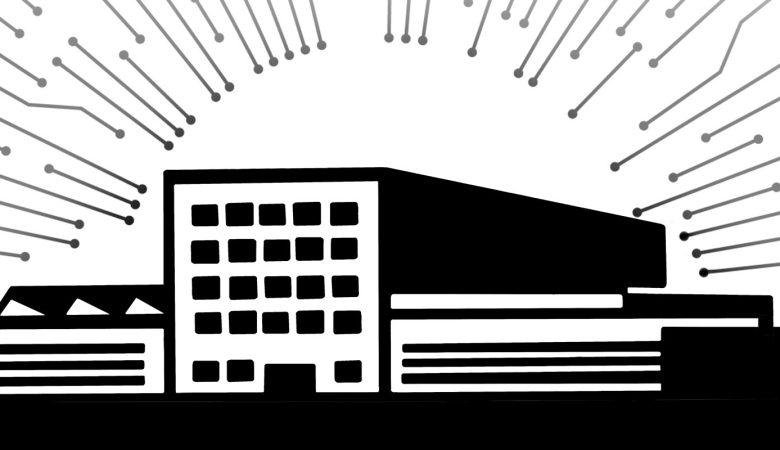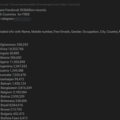
In 2022, there was a ‘historic growth’ of solar panels on residential roofs in the Netherlands. According to Netbeheer Nederland, there was a 25 to 40 percent increase in capacity. There are various network operators, so the growth percentages vary somewhat.
In several Dutch provinces, the capacity of solar panels on residential roofs has grown considerably in the past year. There was growth between 25 and 40 percent compared to 2021. ” rel=”external”>This is reported by Netbeheer Nederland, the trade association for the Dutch network operators Stedin, Liander, Westland Infra and Enexis. This concerns the registration of solar panels for small-scale consumption connections; these are homes and small businesses.
Stedin, the manager that covers the provinces of Utrecht, Zeeland and South Holland, says that it has never seen such a large growth in capital has seen. In 2022, 107,264 consumers had new solar panels installed for a capacity of 484 megawatt peak; converted, this is equivalent to approximately 1.3 million new solar panels. According to Stedin, 455,371 connections in its three provinces are known to have panels; that is three times the number of homes in Utrecht. Growth was greatest in South Holland; there, assets grew by 42 percent. In Utrecht this was 41 percent and in Zeeland 24 percent. The fact that growth in Zeeland is so much lower is because relatively many houses there already had solar panels, namely one in three. Utrecht and South Holland have not yet reached that number. Stedin’s CTO, David Peters, says that nowhere in Europe you will find as many solar panels per capita as in the Netherlands.
Liander, which covers the provinces of North Holland, Friesland, Flevoland, Gelderland and part of South -Holland goes, registered 153,422 new homes and small businesses with solar panels in 2022, which is an increase of 25 percent for this network operator compared to 2021. As a result, the capacity of the solar panels registered by Liander increased by 699 megawatt peak, an increase of 28 percent. In total, Liander now has 761,996 homes and small businesses with solar panels in its catchment area.
At the same time, there is also a downside. According to Netbeheer Nederland, the electricity grid in the Netherlands is one of the most reliable, but it is not designed for the large amount of solar power that is now being generated in the summer and it is not good that it is just used as a ‘large free battery’. The trade association therefore calls on consumers to help absorb the peak in solar power by, for example, switching on as many electrical appliances as possible during the day on sunny days or, for example, charging the electric car.
Netbeheer Nederland states that the net metering scheme has been an important driver for the popularity of solar panels among homeowners. It is not entirely clear how the association means this exactly, because this arrangement has been around for years and should not say much about the growth in 2022. The enormously increased energy prices in particular are probably to blame for last year’s considerable growth. At the same time, the association reiterates that the net metering scheme must be phased out, because the prices of the panels have now fallen considerably compared to 2004 and as a result there is now also a sharply reduced payback time. On the other hand, it can be stated that the prices for panels have risen recently.
Hans-Peter Oskam, Director of Policy *amp; Energy transition at Netbeheer Nederland, states that the growth of solar panel capacity can only be sustained if the solar power reaches owners is used at home. He therefore believes that netting should be phased out. Netbeheer Nederland also argues for incentives to stimulate the storage of electricity, so that consumers can use their generated electricity themselves in the evening. the Association of Dutch Municipalities. There is also not yet a clear majority in the House of Representatives for phasing out and abolishing the net metering scheme. There is a plan by government parties to phase out the scheme in slightly larger steps than previously envisaged, but for the time being GroenLinks and the PvdA are against phasing out the net metering scheme, which means that there is still no majority in the Senate. On 17 and 26 January, the net metering scheme was debated in the House of Representatives, but as yet it is unclear how the vote will be taken.











